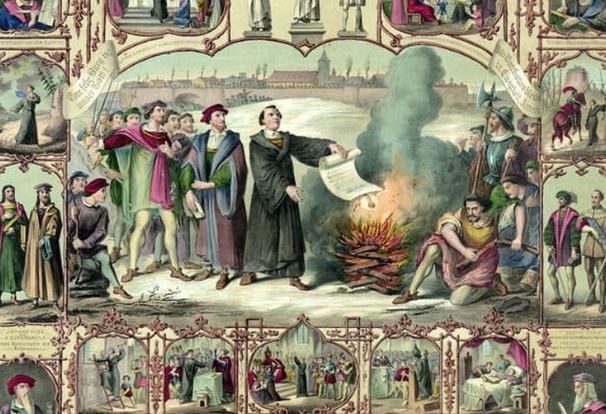History of Lutheranism

Lutheranism as a religious movement originated in the early 16th century Holy Roman Empire as an attempt to reform the Roman Catholic Church. The movement originated with the call for a public debate regarding several issues within the Catholic Church by Martin Luther, then a professor of Bible at the young University of Wittenberg. Lutheranism soon became a wider religious and political movement within the Holy Roman Empire owing to support from key electors and the widespread adoption of the printing press. This movement soon spread throughout northern Europe and became the driving force behind the wider Protestant Reformation. Today, Lutheranism has spread from Europe to all six populated continents.
At the beginning of the 16th century, the European continent had seen vast changes in the ordering of society and culture in the last 200 years. The dramatic loss of population due to the Black Death had created new economic opportunities and mobility among the lower classes of society. New technologies came about to address labor shortages and the need to increase productivity, which in turn created new classes of society to support manufacture and trade. Hans Luther, the father of Martin Luther, was a member of this new middle class. Hans Luther made a living leasing and operating copper mines and smelters. The Luther family enjoyed enough income and social status that it was possible for Hans to envision a university education and career as a lawyer for his son.

